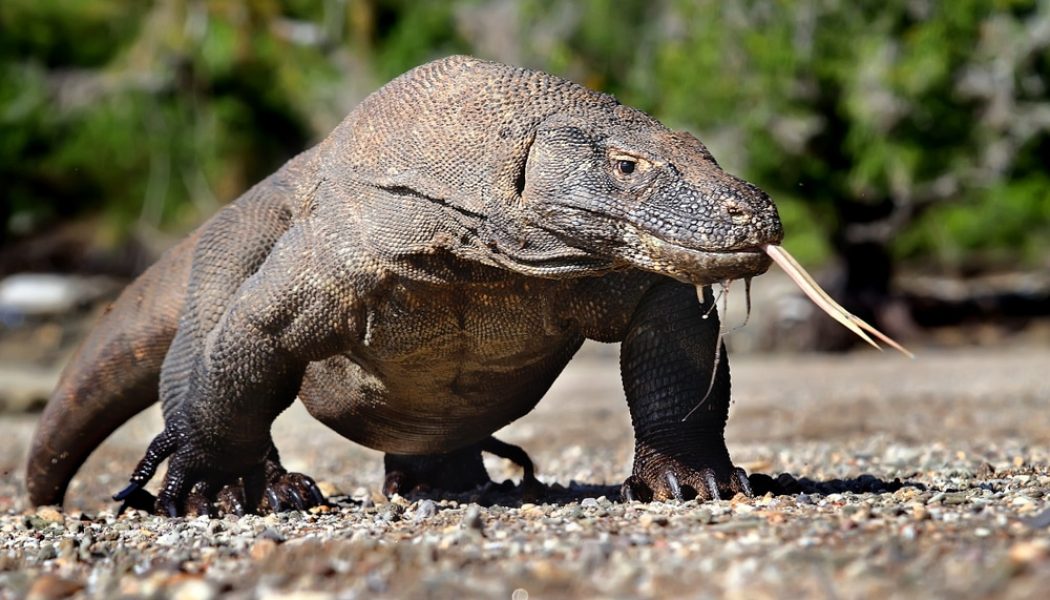Malaysia
Governor Obaseki: I’m committed to economic diversification, food security
Edo Governor Godwin Obaseki, has reaffirmed his government remains committed to economic diversification. He assured the state would continue to initiate and implement policies targeted at boosting the agricultural sector and ensuring food security The Governor, who spoke to journalists in Benin City, said his administration has, in the last three years and eight months, embarked on programmes and reforms created an enabling environment for agricultural businesses to thrive such that more youths and investors could earn a living and create employment. Obaseki said: “We so much believe that with increased investment in agriculture, we will be able to grow sufficient food to sustain food security in Edo State. “Agriculture is a productive venture, not just to feed ourselves, but its products...
NIDCOM: More Nigerians stranded in Europe set to return home
The Federal Government has revealed that more Nigerians stranded in France and other European countries, due to the COVID-19 pandemic ravaging the world, are being evacuated to the country. This was disclosed on Sunday by the Chairman of the Nigerians in Diaspora Commission (NIDCOM), Abike Dabiri-Erewa via Twitter. Dabiri-Erewa explained that the citizens, who have departed Citizen Paris Charles de Gaulle Airport in Paris, are expected back soon and will arrive at the Nnamdi Azikiwe Airport in Abuja, the nation’s capital. The evacuation exercise was coordinated by the Nigerian Mission in France under Ambassador Modupe Irele and monitored by the commission. Upon arrival, the Nigerian returnees are expected to proceed on a 14-day self-isolation as mandated by the Presidential Task Force on C...
17 megadiverse countries of the world
We profile the world’s megadiverse countries, from obvious contenders like Ecuador and Brazil to one or two surprise entries It should be comforting to know that a mere 17 countries hold more than 70% of the world’s species. It should be easy to rally this small group of ‘megadiverse countries’ to protect the planet’s extraordinary biodiversity. Alas, some of these countries are also the world’s biggest consumers and polluters. In July 2000, the UN’s World Conservation Monitoring Centre recognised 17 megadiverse countries which hold the majority of Earth’s species and high numbers of endemic species (i.e. those unique to an area or country). To be termed megadiverse, a country must have at least 5,000 of the world’s plants as endemics and have marine ecosystems within its borde...
- 1
- 2







